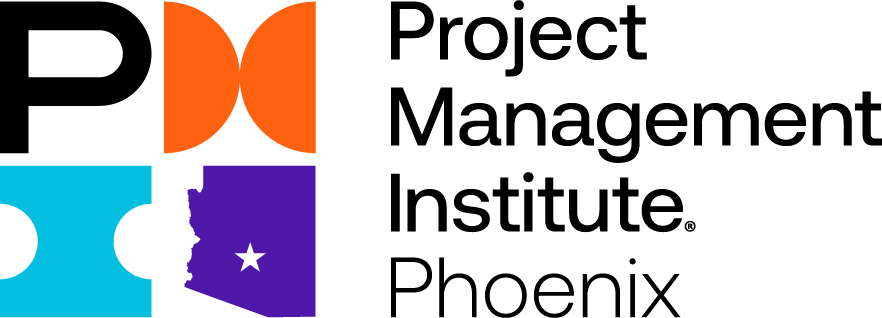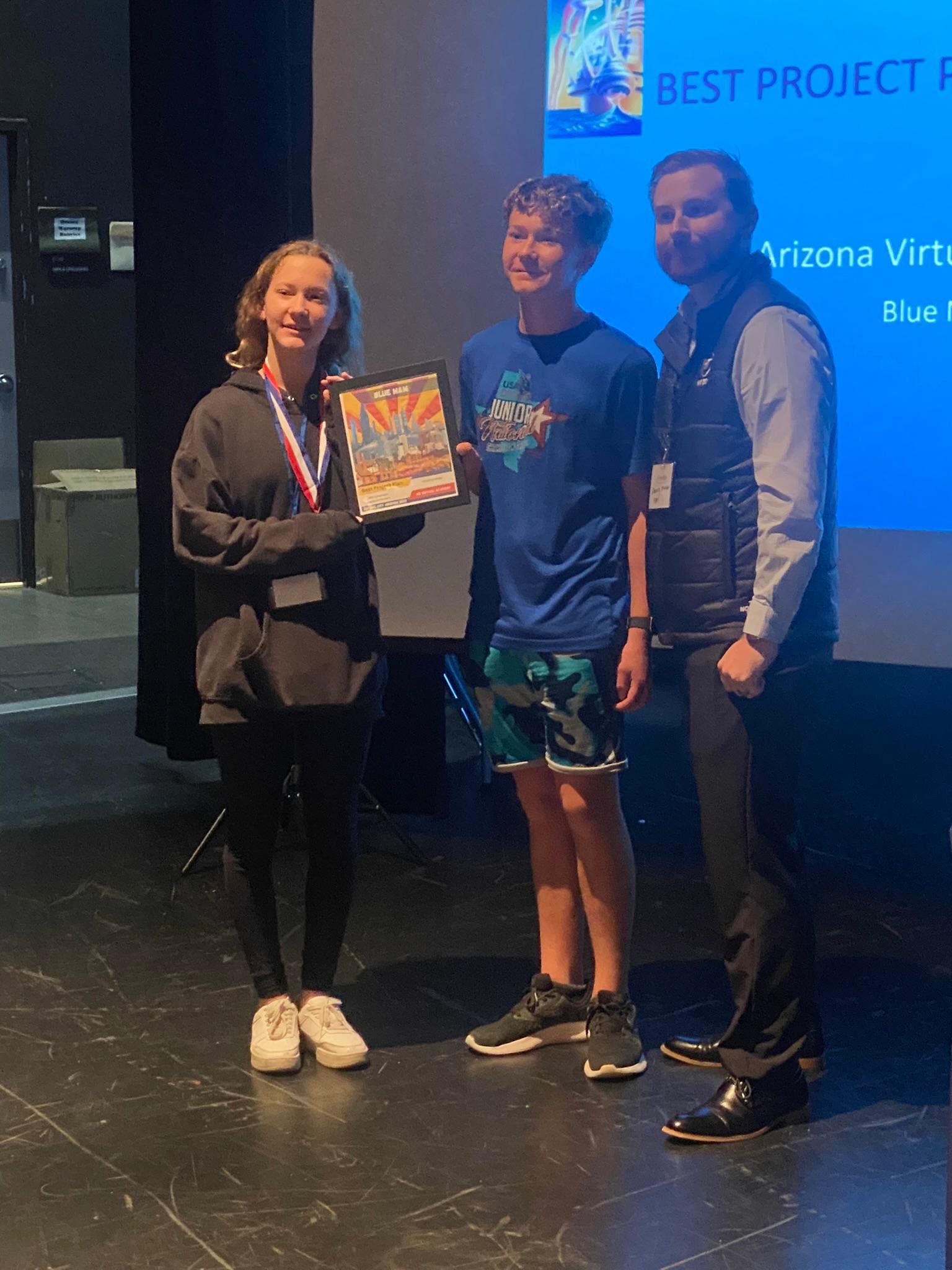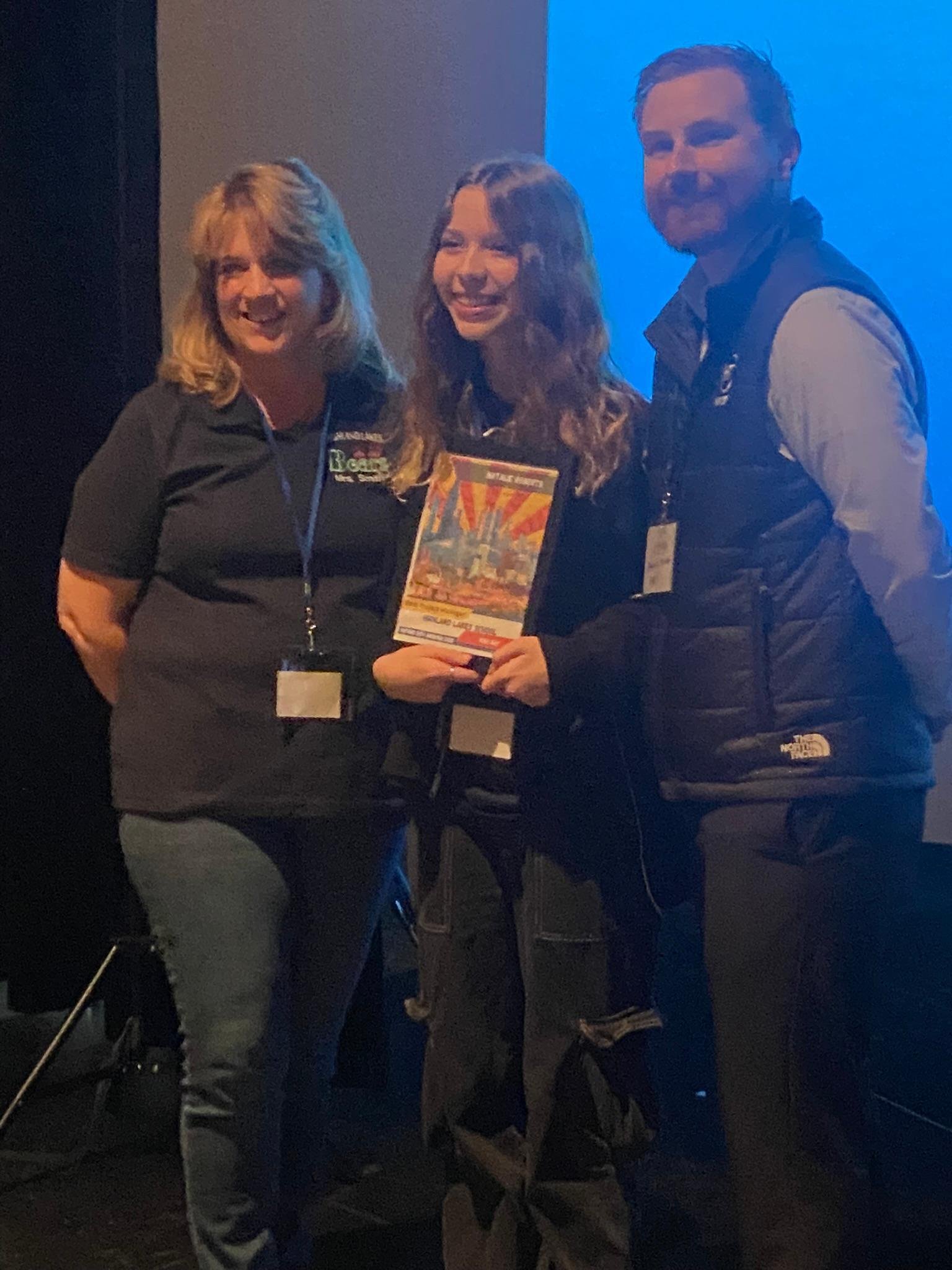Be a Donor, Be a Hero.
My family and I will always celebrate August 24th as the day I was given a second chance at life. With the help of Blood and Plasma Donors like you, along with the EMTs, Emergency Response Team, ER Nurses, Doctors and Surgeons, and my loving family, I am here writing this message and heartfelt request to you.
You never know whose life you could be saving. There are total strangers, many heroes out there who provided me with the 9 units of blood and doses of human plasma derived albumin that I needed to stay alive after a traumatic cycling accident.
While competing in the Bicycle Leg of the Chicago Triathlon in 2014, I was struck, head-on, by another cyclist who had lost control of his bike. The impact of his bike and helmet were taken mostly on my left side, throwing me off my bike and into nearby concrete barriers and curbing.
I don’t remember much except the initial impact, going airborne, hitting the concrete, taking a deep breath, and passed out. It was lights out for a long while.
Two weeks later, I woke up in the intensive care unit of Northwestern Hospital. My sister from the east coast was sitting vigil with me while my wife, two adult children and other friends were taking a rest from their constant oversight of my care. I had endured a 10-hour emergency surgery to reinflate both lungs, reconstruction of my left ribcage, stoppage of much internal bleeding, and during that time, receiving the life-saving whole blood donations and plasma to replace what I had lost. I had survived because of generous donors like you.
Our daughter, who was working in California, organized a special blood drive, with many of her friends donating blood on my behalf, to backfill the lifesaving donations I had received. These generous donors, along with many others provide life-saving whole blood and human blood derived therapies that save and improve lives. Will you be the one to save a life? Will you be someone’s hero?


